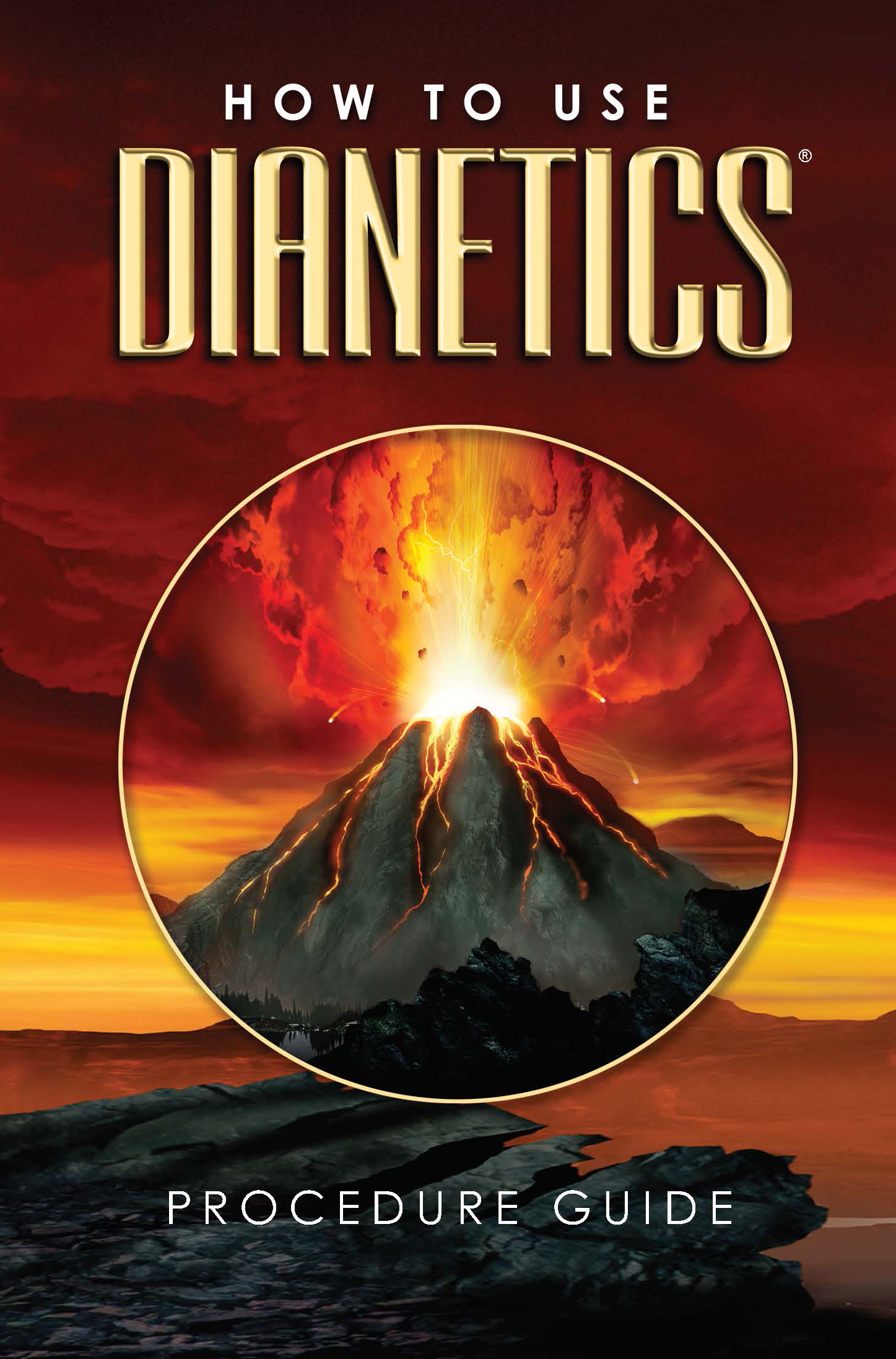The Basic Principles Of Dianetics
The Basic Principles Of Dianetics
Blog Article
Indicators on Dianetics You Should Know
Table of ContentsThe Ultimate Guide To DianeticsThe Greatest Guide To DianeticsThe Single Strategy To Use For DianeticsThe 7-Second Trick For Dianetics
I could not ever not wish to receive anything that comes to mind for you- if it was or else, I wouldn't be sitting here with you, doing this. I not just might never have a problem, or otherwise intend to listen to something that enters your mind for you, however I'm entirely anxious to recognize every idea, every thought, every picture or sensation that emerges or materializes for you- do not ever before believe otherwise, and if for one reason or another you do, please simply allow me understand! Occasionally, you might have an idea, and picture, concept or event turn up that does not seem to answer the question, or associate with it, yet however, always do inform me about it, and as we continue, the relevance will certainly arise for you.This is inherent in the basis of processing, and the topic of this discussion: the fundamental roles of the therapist and the customer: The basic role of the counselor is, as opposed to "standard training", not to control, which suggests to implement and/or inhibit, but to instead work from the basis of EMPOWERING THE CUSTOMER.

Some Ideas on Dianetics You Should Know
John Mcmasters shared this standard reality splendidly well in one of his lectures on Power processing, in which he discusses just how he was asked what this "unique propensity" was that he had for offering such excellent sessions; he needed to believe about that for a minute, and found that it was what he had not been doing, in addition to what he was doing: he had not been assessing, evaluating, computing, or actually, generating any kind of ideas, let alone spoken expressions, after giving the command and while awaiting the computer to complete their response to their contentment; he was, simply and only, existing with the computer, and completely interested.
The function of the therapist, showed; that was his "special knack". I have had my very own experience which instructed me this well, extremely at an early stage in the game. In 1982, having actually recently completed my training and teaching fellowship on New Age Dianetics, I was running this on a PC, and there was a factor in the session where (being a bit wet behind the ears not yet having several hours under my belt as an expert auditor) the computer seemed to be "taking too long" to reveal anything verbally after I provided him a command.
This secret transformed out to be one of the most important why not try here payment that John ever made to the topic of therapy or bookkeeping (Dianetics). In my simple viewpoint, it is the biggest payment that anyone has ever made to these subjectsthe application is completely non-judgemental, non-evaluative, and lacking any pointer, advice or opinion.no preconditioned program for people, or 'degrees' that they must do
In Scientology we prided ourselves on not examining for people. All that truly implied was that the auditor did not VERBALLY examine for the PC in session.
Unknown Facts About Dianetics

Anybody who had ever before seen John audit might not assist yet notice an one-of-a-kind high quality in his bookkeeping."The client's basic role is to be there with the function of relocating in the direction of their spiritual objectives, and to openly and completely share and experience whatever shows up for them in answering the questions and implementing the guidelines in the processing.
This is something to procedure as required. Yet additionally, people often have previous experience and/or brainwashing in auditing/processing which, somehow, and to some levels, in fact misguides them right into attitudes, ideas and habits patterns that stop the complete awareness of these functions, therefore they will have a tendency to prevent the expressing of what enters your mind, as in the instances offered over. * The very first, and maybe leading examples of mis-indoctrination bring about less than completely smooth and effective sessions, can be discovered in particular facets of the training regimens, or "TR's":"TR's" are typically an individual's first, or at least early, experience in Scientology, and while I will take place to discuss what I view as the flaws in concept and method, nonetheless, often tend to be considerably therapeutic, done as they are given (Hubbard insists that "TR's are not refining, they are training", yet factually, they are both processing AND training)
Alan Walter made similar monitorings, More hints and enhanced on these with anonymous his "Visibility Processes". There is no "failing", and no denial of the reality of this being handling. The emphasis, as it should be, is on experiencing the various other person's presence. All the symptoms which get a "fail" in doing "TR-0" are merely the being's efforts to withstand the various other person's existence, and rather than being bothered and pestered with "Flunk", which enforces "failing!" on the being, one simply requires to be encouraged to "stick their feet in the water a little deeper", to progressively rehabilitate their capability and willingness to completely share and experience "being right here", or "presence", with others.
How Dianetics can Save You Time, Stress, and Money.

Report this page